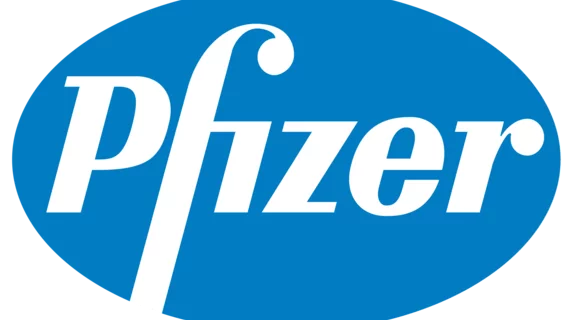Pfizer to acquire Seagen for $43B
Pharmaceutical giant Pfizer is acquiring biotechnology company Seagen for a jaw-dropping $43 billion.
The merger agreement was announced March 13 and comes after the board of directors of both companies unanimously approved the acquisition. Seagen is focused on developing antibody-based therapies for cancer treatment. Pfizer already has a well-established oncology business, with 24 approved cancer medicines that generated $12.1 billion in 2022 revenues.
Pfizer Oncology is focused on four key areas––breast cancer, genitourinary cancer, hematology and precision medicine––and also includes the best-selling therapies for metastatic breast cancer and prostate cancer. The company also has 33 programs in its pipeline. Its early-stage oncology pipeline would double under the proposed combination with Seagen.
“Pfizer is deploying its financial resources to advance the battle against cancer, a leading cause of death worldwide with a significant impact on public health,” Albert Bourla, PhD, Pfizer chairman and CEO, said in a statement. “Together, Pfizer and Seagen seek to accelerate the next generation of cancer breakthroughs and bring new solutions to patients by combining the power of Seagen’s antibody-drug conjugate (ADC) technology with the scale and strength of Pfizer’s capabilities and expertise. Oncology continues to be the largest growth driver in global medicine, and this acquisition will enhance Pfizer’s position in this important space and contribute meaningfully to the achievement of Pfizer’s near- and long-term financial goals.”
Seagen is a “pioneer” in ADC technology, according to Pfizer, with four of the 12 total FDA-approved and marketed ADCs using its technology industrywide. ADCs are emerging as a powerful tool for a broad range of cancers designed to preferentially kill cancer cells and limit off-target toxicities. Seagen was founded 25 years ago and is currently positioned for significant growth in 2023, according to Pfizer.
Its portfolio includes four approved, best-in-class medicines for solid tumors and hematologic malignancies, including three ADCs: ADCETRIS (brentuximab vedotin), PADCEV (enfortumab vedotin) and TIVDAK (tisotumab vedotin). Its fourth medicine is TUKYSA (tucatinib). Each of these four medicines are being looked at for potential new tumor types or expanded indications in earlier lines of therapy through clinical development programs. Seagen’s pipeline includes 11 new molecular entities, “many with the potential to treat large patient populations and all with global commercial rights,” Pfizer stated.
The merger will bring together the pipelines of the two companies with combination potential, including leveraging Pfizer’s protein engineering and medicinal chemistry capabilities to advance Seagen’s ADC technology for potential novel target combinations and next-generation biologics, the pharma giant said.
“Pfizer shares our steadfast commitment to patients, and this combination is a testament to the passion, dedication and talent of the Seagen team to achieve our mission to discover, develop, and commercialize transformative cancer medicines that make a meaningful difference in people’s lives,” David Epstein, Seagen CEO, said in a statement. “The proposed combination with Pfizer is the right next step for Seagen to further its strategy, and this compelling transaction will deliver significant and immediate value to our stockholders and provide new opportunities for our colleagues as part of a larger science-driven, patient-centric, global company.”
Pfizer will finance the transaction, which is priced at $229 per Seagen share, through $31 billion of new, long-term debt, and the balance from a combination of short-term financing and existing cash. Pfizer expects nearly $1 billion in cost efficiencies in the third year after the transaction is completed, likely in late 2023 or early 2024, pending customary closing conditions and regulatory approval.

